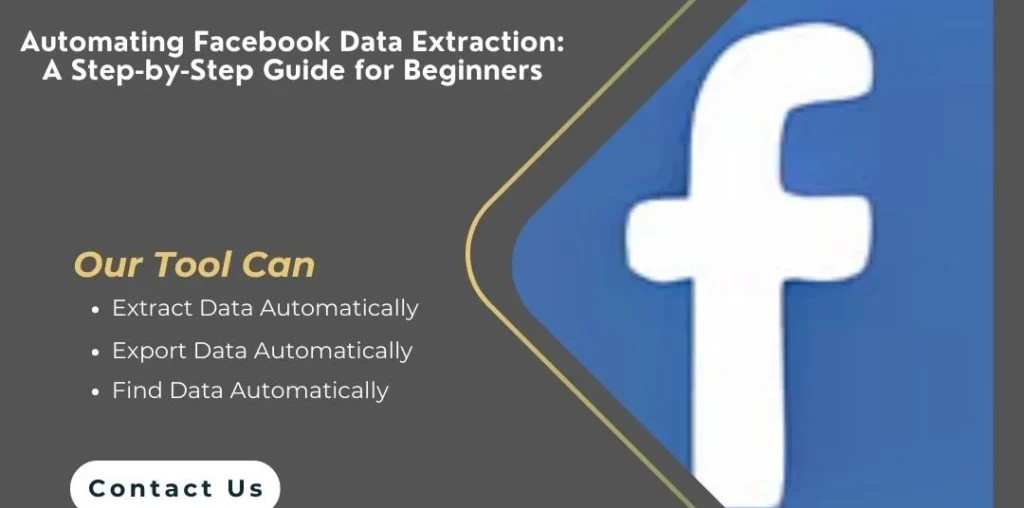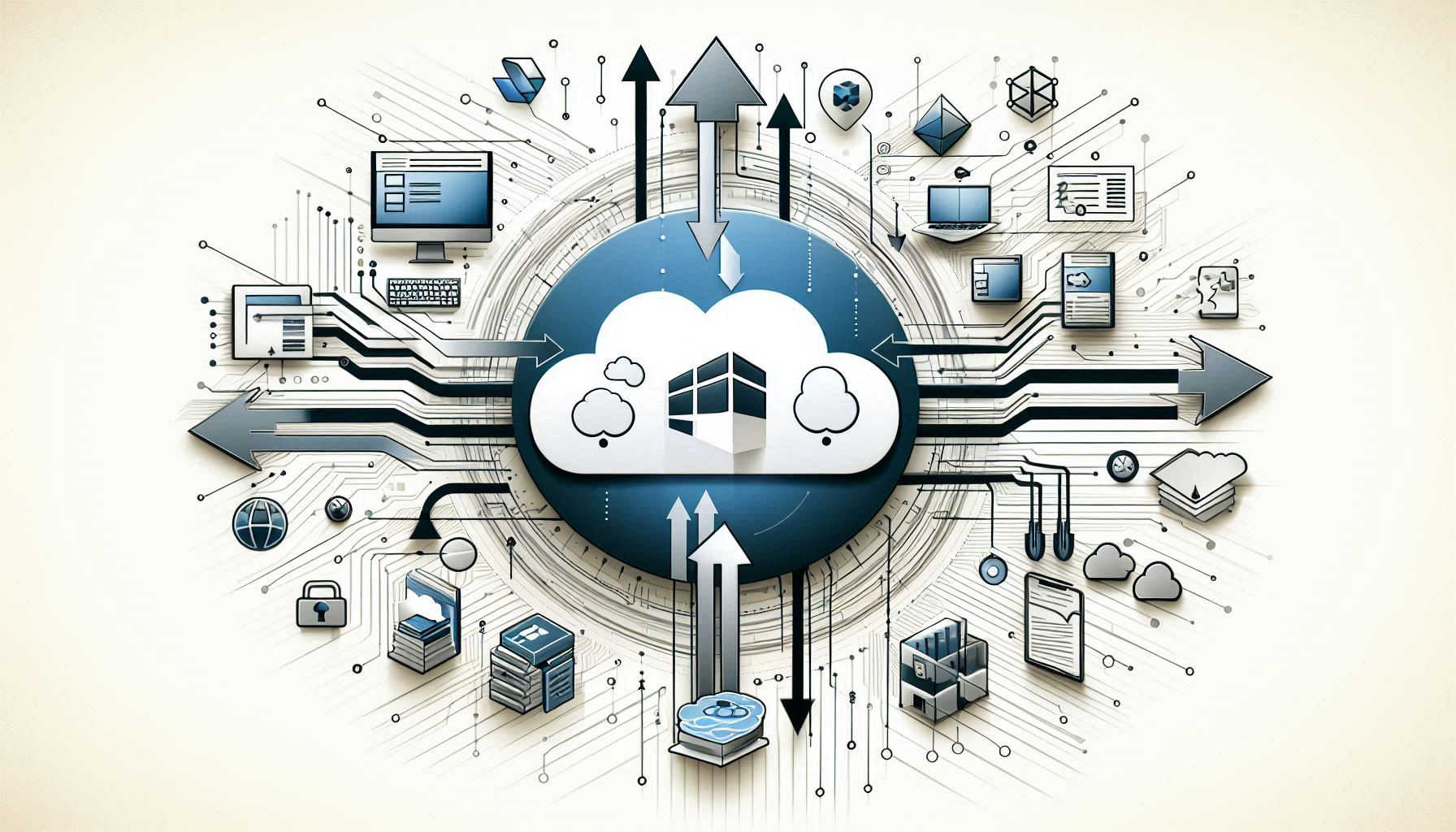Social media platforms like Facebook have transformed how people interact, share, and consume content. However, with this increased connectivity comes an equally heightened risk of data misuse. Facebook has faced its fair share of controversies surrounding data scraping and breaches, leaving users and businesses to grapple with the implications of compromised personal information. This article dives deep into the relationship between Facebook scraping and data breaches, exploring the lessons they teach us about social media security. Additionally, we’ll discuss how tools like Facebook Extractor can be used responsibly to extract data while adhering to ethical and legal guidelines.
The Connection Between Scraping and Data Breaches
Data scraping, in essence, involves extracting publicly available information from a website. While scraping isn’t inherently illegal, the methods and purposes behind it often push the boundaries of ethical behavior. For Facebook, scraping has historically opened the doors to major data breaches:
- Cambridge Analytica Scandal: This high-profile incident involved the misuse of scraped Facebook data to influence political campaigns. The breach highlighted how seemingly innocuous data collection practices could have far-reaching consequences.
- Massive Public Data Leaks: In 2021, data from over 500 million Facebook users was scraped and leaked online. While Facebook claimed this data was publicly accessible, the scale of the breach underscored the vulnerabilities inherent in large platforms.
These events have underscored a crucial lesson: even publicly available data can be weaponized if it falls into the wrong hands. They also highlight the importance of robust platform security and the need for ethical practices in data scraping.
What Drives Facebook Scraping?
Organizations and individuals engage in Facebook scraping for various legitimate and illegitimate reasons:
- Market Research: Companies extract data to analyze trends, audience behavior, and brand sentiment.
- Academic Studies: Researchers use public data to study social patterns and behaviors.
- Targeted Advertising: Marketers scrape data to create hyper-targeted campaigns.
- Fraudulent Activities: Bad actors misuse scraped data for identity theft, spam, or phishing attacks.
While the intentions behind scraping vary, the outcomes often depend on the scrapers’ adherence to legal and ethical standards.
How Facebook Extractor Can Be Used Responsibly?
Facebook Extractor is a powerful tool that simplifies the process of extracting data from Facebook. However, like any tool, it must be used responsibly to ensure compliance with ethical norms and data privacy laws. Here are its key features and how to use them appropriately:
- Targeted Data Collection: Extract information from specific pages, posts, or groups without overstepping legal boundaries.
- Advanced Filters: Refine searches using parameters like keywords, dates, and locations to retrieve only the most relevant data.
- Privacy Protection Options: Anonymize extracted data to avoid compromising personally identifiable information (PII).
- Export Options: Easily export data into CSV or Excel formats for further analysis.
When using tools like Facebook Extractor, always prioritize transparency and ensure you have the necessary permissions to collect and use the data. Avoid extracting data for malicious purposes, and stay updated on Facebook’s policies and applicable regulations like GDPR and CCPA.
Lessons Learned from Data Breaches
- Transparency Is Key
- Facebook’s history with data breaches has shown that transparency is non-negotiable. Businesses and developers must disclose their data collection practices and ensure users are aware of how their data is being used.
- Invest in Robust Security Measures
- The platform’s frequent vulnerabilities reveal the importance of investing in robust security protocols to prevent unauthorized data scraping and breaches.
- Ethics Matter
- Even if scraping publicly available data is technically legal, ethical considerations should guide data collection practices. Respecting user privacy builds trust and mitigates reputational risks.
- Adherence to Regulations
- Laws like GDPR and CCPA aim to protect user data from exploitation. Understanding and complying with these regulations is critical for anyone engaging in data scraping.
- The Role of AI and Automation
- Automated tools, like Facebook Extractor, offer incredible efficiency but must be used with care to avoid triggering anti-scraping mechanisms or violating terms of service.
How to Protect Your Data on Facebook?
As users, protecting personal data on Facebook is just as crucial as holding platforms accountable. Here are some practical tips to enhance your data security:
- Review Privacy Settings: Regularly update your Facebook privacy settings to control who can see your posts and profile information.
- Limit Personal Information: Avoid sharing sensitive details like phone numbers, addresses, or email IDs publicly.
- Monitor App Permissions: Be cautious about granting third-party apps access to your Facebook account.
- Enable Two-Factor Authentication: Add an extra layer of security to your account by enabling two-factor authentication (2FA).
The Future of Social Media Security
The interplay between data scraping and breaches will continue to shape the social media landscape. Facebook and other platforms are investing heavily in advanced AI-driven tools to detect and prevent unauthorized scraping. On the other hand, businesses and researchers will need to adapt to stricter regulations and ethical standards.
Tools like Facebook Data Extractor will remain indispensable for legitimate data collection, provided they evolve to comply with emerging legal frameworks and prioritize user privacy. Education on ethical practices and the promotion of transparency will further strengthen trust between platforms and their users.
Conclusion
Facebook’s journey from scraping controversies to data breaches has taught us invaluable lessons about the importance of social media security. While tools like Facebook Extractor can empower businesses and researchers to unlock insights, their usage must align with ethical and legal standards. By fostering transparency, investing in security, and respecting user privacy, we can leverage the power of data responsibly in a connected world.
Shop Now:
Email: [email protected]
WhatsApp: +92-3084471774


